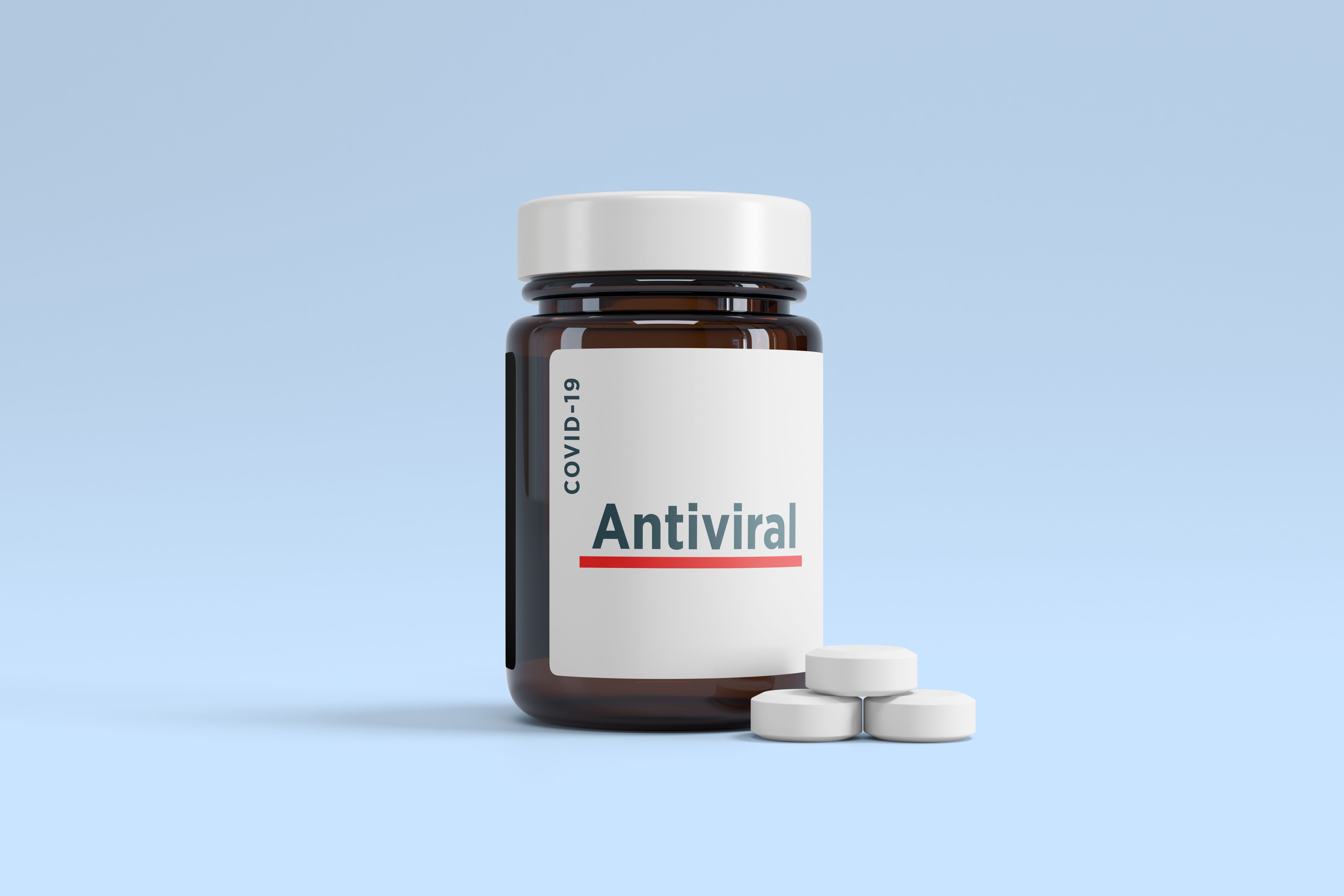New Biosensors Decorated with Silver Nanoparticles Enable Sensitive Detection of Acyclovir Drug on Filter Paper Substrates
Researchers have developed a new biosensors decorated with silver nanoparticles that enable the sensitive detection of the Acyclovir drug on filter paper substrates.
Recently, the emergence of antiviral drugs to treat sexually transmitted diseases (STDs), such as hepatitis B and herpes simplex, has taken on greater importance as more patients become afflicted with these conditions. One of these antiviral drugs, acyclovir (ACV), is commonly used in clinical settings (1). When administered appropriately and in small doses, ACV is effective at treating diseases like hepatitis B, herpes simplex, and varicella zoster. However, high doses of ACV can result in kidney toxicity, and therefore do more harm than good (1). A recent study conducted by researchers at Yasuj University of Medical Sciences in Iran was designed to develop a solution that can accurately detect this drug in various applications (1). The research team developed a biosensor platform using surface-enhanced Raman spectroscopy (SERS) combined with filter paper substrates containing silver nanoparticles (AgNPs), which was successful in detecting ACV on filter paper substrates (1).
antiviral drugs, anti-viral drug against COVID-19 virus or coronavirus, | Image Credit: © Ahmet Aglamaz - stock.adobe.com

The study employed a chemical reduction procedure to synthesize AgNPs, which were characterized using various techniques such as ultraviolet-visible (UV-vis) spectroscopy, field-emission scanning electron microscopy (FE-SEM), X-ray diffraction (XRD), transmission electron microscopy (TEM), dynamic light scattering (DLS), and atomic force microscopy (AFM) (1). The, the AgNPs were coated onto filter paper substrates, creating SERS-active filter paper substrates (SERS-FPS) that can detect ACV's molecular vibrations (1). The stability of the substrates was evaluated using ultraviolet-visible diffuse reflectance spectroscopy (UV-vis DRS) analysis (1). The researchers found that the SERS-FPS had a limit of detection (LOD) of 10-12 M and exhibited good reproducibility and sensitivity, with a mean relative standard deviation (RSD) of 4.19% for ten repeated tests (1).
The biosensors exhibited an impressive enhancement factor, reaching 3.024 × 105 and 3.058 × 105 experimentally and through simulation, respectively (1). The Raman results demonstrated the promising performance of the SERS-FPS for detecting ACV, showcasing its potential for SERS-based investigations (1). Most importantly, the fabricated biosensors displayed chemical stability, reproducibility, and disposability, which are all attributes needed for the biosensor to be effective in detecting trace substances (1).
As a result, a reliable and sensitive method for detecting ACV on filter paper substrates was realized. This discovery can lead to this approach being utilized more frequently in environmental monitoring, pharmaceutical research, and clinical diagnostics. The combination of SERS and filter paper substrates decorated with AgNPs offers a simple, cost-effective, and portable platform for rapid and on-site analysis (1). The researchers envision that this biosensor technology holds great potential for detecting other trace substances, contributing to advancements in the field of biosensing and healthcare (1).
Reference
(1) Eskandari, V.; Sahbafar, H.; Karooby, E.; Heris, M. H.; Mehmandoust, S.; Razmjoue, D.; Hadi, A. Surface-Enhanced Raman scattering (SERS) filter paper substrates decorated with silver nanoparticles for the detection of molecular vibrations of Acyclovir drug. Spectrochimica Acta Part A: Mol. Biomol. Spectrosc. 2023, 298, 122762. DOI: 10.1016/j.saa.2023.122762
AI-Powered SERS Spectroscopy Breakthrough Boosts Safety of Medicinal Food Products
April 16th 2025A new deep learning-enhanced spectroscopic platform—SERSome—developed by researchers in China and Finland, identifies medicinal and edible homologs (MEHs) with 98% accuracy. This innovation could revolutionize safety and quality control in the growing MEH market.
AI-Driven Raman Spectroscopy Paves the Way for Precision Cancer Immunotherapy
April 15th 2025Researchers are using AI-enabled Raman spectroscopy to enhance the development, administration, and response prediction of cancer immunotherapies. This innovative, label-free method provides detailed insights into tumor-immune microenvironments, aiming to optimize personalized immunotherapy and other treatment strategies and improve patient outcomes.
New AI-Powered Raman Spectroscopy Method Enables Rapid Drug Detection in Blood
February 10th 2025Scientists from China and Finland have developed an advanced method for detecting cardiovascular drugs in blood using surface-enhanced Raman spectroscopy (SERS) and artificial intelligence (AI). This innovative approach, which employs "molecular hooks" to selectively capture drug molecules, enables rapid and precise analysis, offering a potential advance for real-time clinical diagnostics.
Best of the Week: Chewing Gum with SERS, Soil Carbon Analysis, Lithium-Ion Battery Research
January 17th 2025Top articles published this week include a Q&A interview that discussed using surface-enhanced Raman spectroscopy (SERS) to investigate microplastics released from chewing gum and an article about Agilent’s Solutions Innovation Research Award (SIRA) winners.

